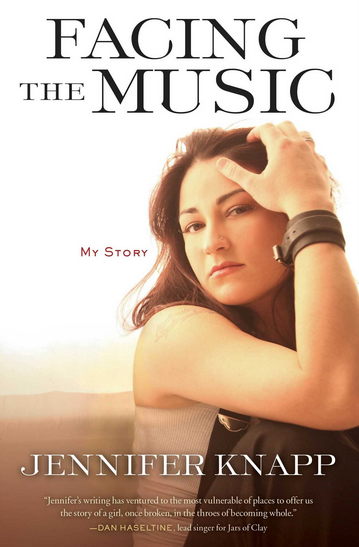The following is a book review by Nathan Albert, our Director of Pastoral Care, for the book Unprotected Texts by Jennifer Knust. Her publisher HarperOne sent us this book to review on the blog. You can buy the book here.
I think you should read Unprotected Texts: The Bible’s Surprising Contradictions about Sex and Desire. Provocative title, eh? And, I think you should read this book soon. It might just rock your world. Or offend you. Or force you to think. Or educate you about things you never thought you’d be educated about. Or show you how messy the Bible is. Or it might just make you fall in love with the intricacies of the Bible. It did for me, at least.
Let me start with introducing the author. Jennifer Knust is assistant professor of religion at Boston University. Not only is she an ordained American Baptist pastor, but she also earned a doctorate in religion from Columbia University and a master of divinity from Union Theological Seminary. As you’ll learn after you read this book, she knows her stuff; she knows it well.
In Unprotected Texts, Knust shows that the Bible cannot be used as a guidebook for sexuality. Thus she enters the debate and discussion about sexuality and the Bible, which seems to be where the heated battles are currently taking place. Many people are taking sides and fighting to convince others about their views on premarital sex, gay marriage, abortion, whether women should submit to their husbands, virginity and sexual purity. Both sides seem to be using the Bible to create their particular sexual ethic.
Yet, rather than getting pulled into this debate and attempting to pull the Bible to one particular side of the debate, Knust presents to the reader the full complexity of the Bible, showing its beauty through its complexities. Therefore, she argues that the Bible cannot be used as a systematic guide to define a particular sexual ethic and morality.
Knust does this by giving a detailed analysis of biblical texts, attitudes, and practices. That being said, reader be warned, she hardly gives commentary on social issues pertaining to sexuality. As she shows, some books of the Bible uphold polygamy while others reject it. Some biblical authors condemn premarital or extramarital affairs and others show it as being a part of God’s will. It seems, as she points out, that the Bible is divided about sex. Because of this, she encourages her readers to admit we often come to the Bible with our own agendas, and when we try to find straightforward answers, especially about sex, we will often be disappointed. Instead, she reminds us of the beauty that can be found within the Bible.
In the past couple days, I have read so much about sex with angels, circumcision, semen and vaginal bleeding I feel as if I should go take a shower. Some of her findings I question while others I have never even thought about. But most importantly, she encourages me to take my Bible seriously. At times, I wanted to put her book down and go read the biblical text (I think that is exactly her goal). The Bible deserves better treatment than a simple reading or using it to make flippant ethical decisions. As every good Bible professor should do, she reminds all of us that as we read and interpret the Bible, it should force us to grow in love for God, love of neighbor, and a love for life.
Much love.











